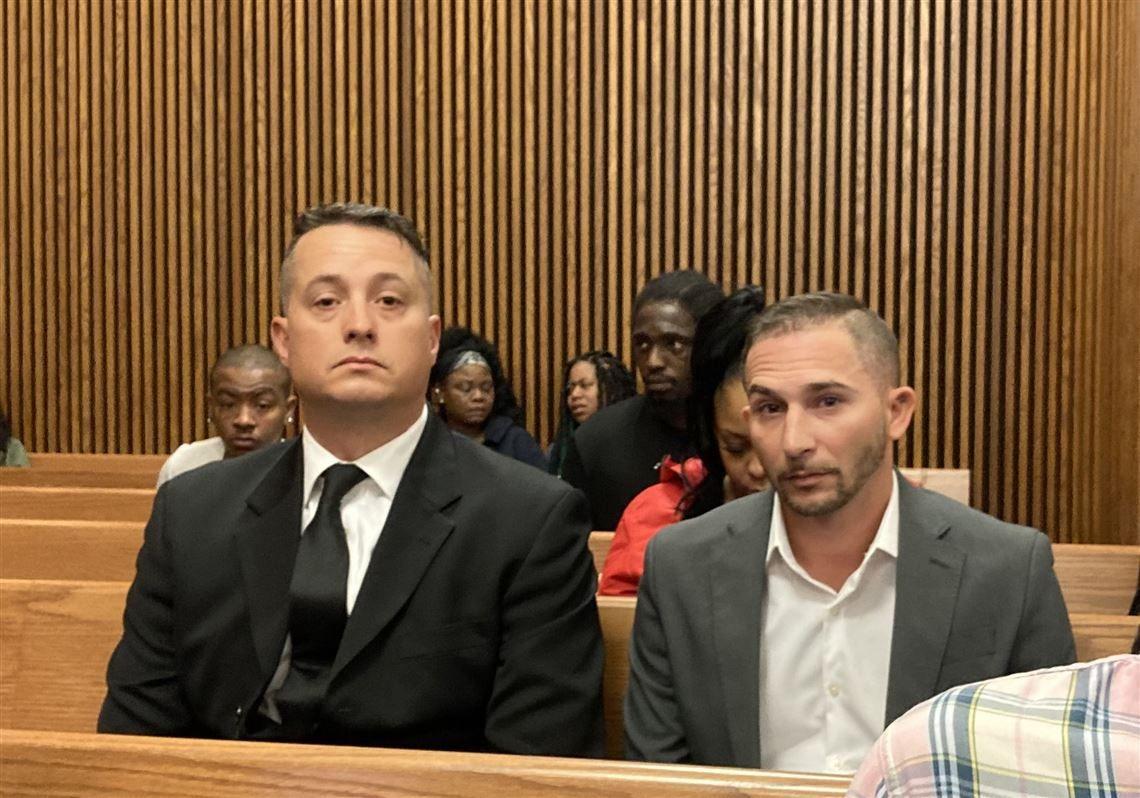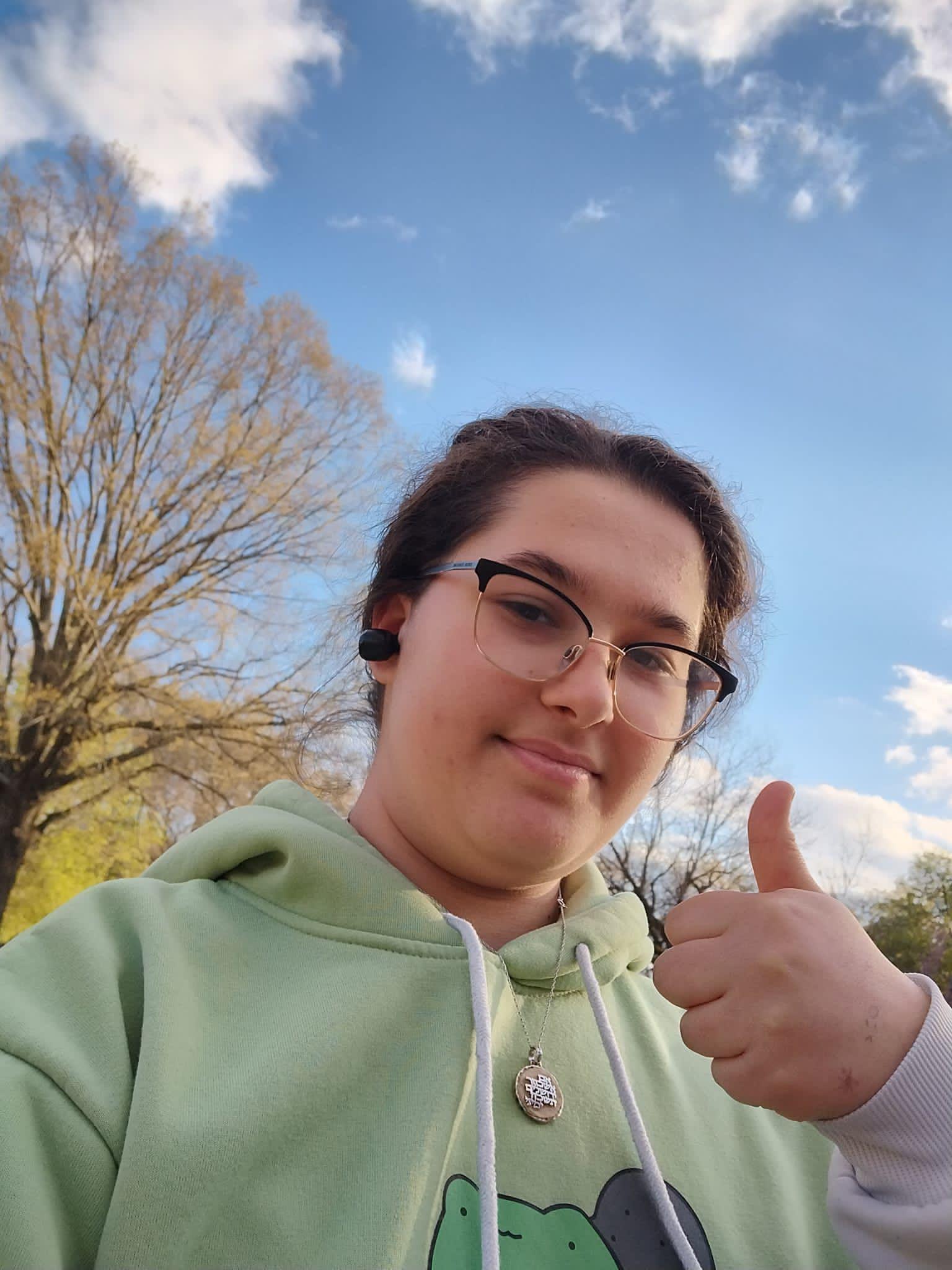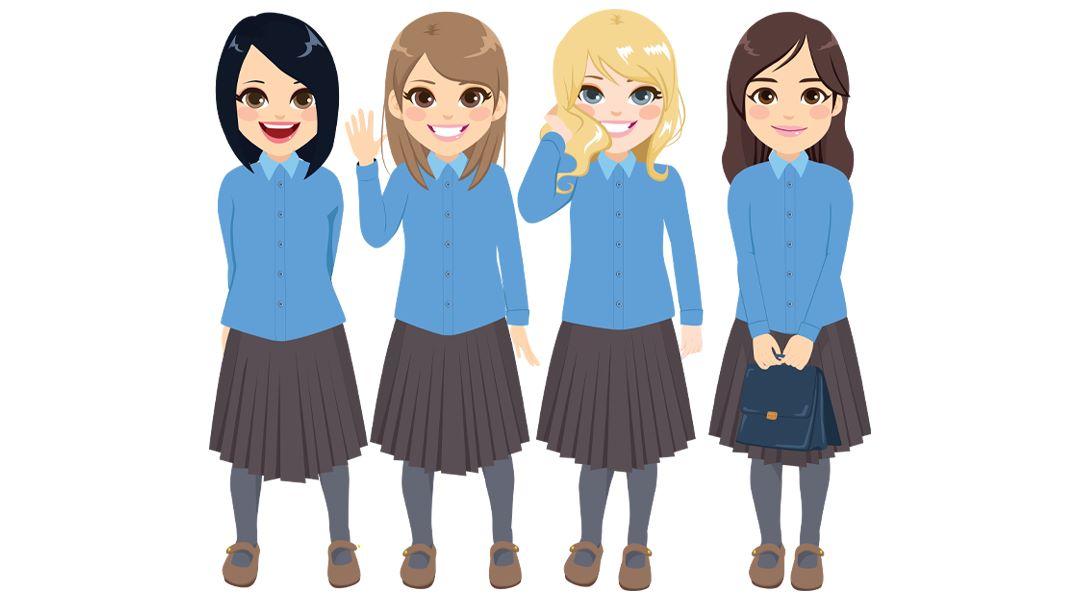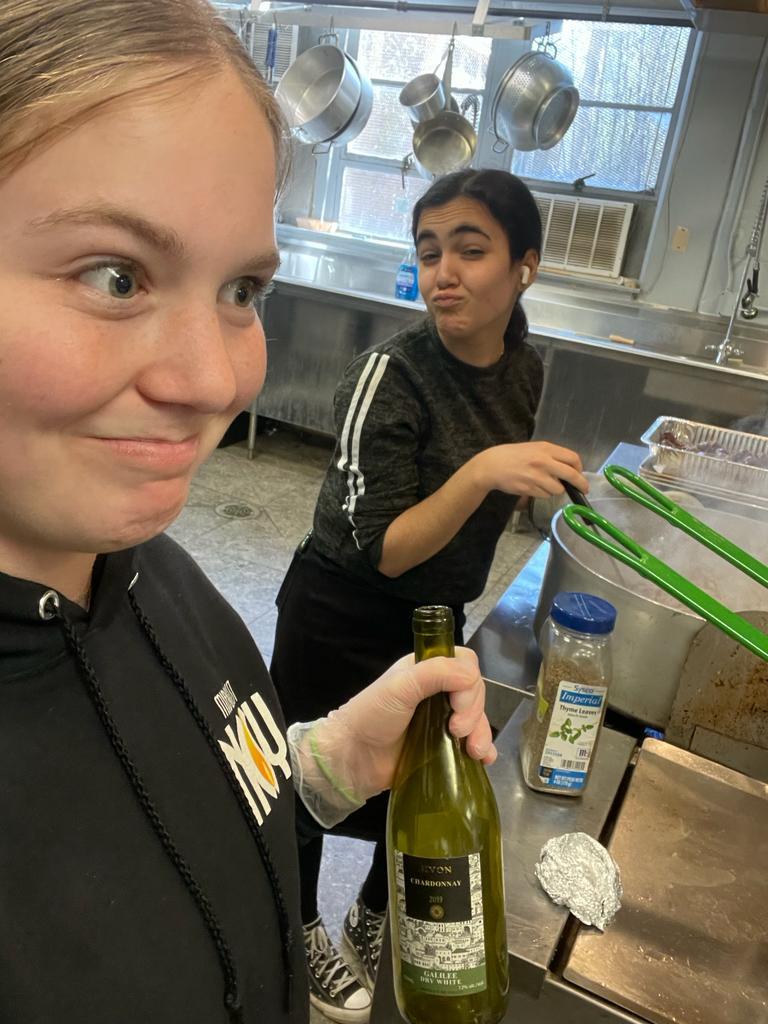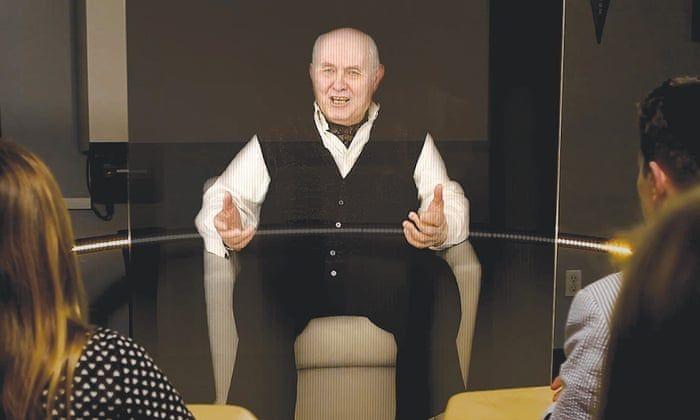
2 minute read
My Unorthodox Life and Media Portrayals of Judaism
By Neima Rovner ('26)
or many people who have no connection to Judaism, public Jewish figures and media shape their views on the religion. However, in the media, Judaism is often painted in a negative light. This, in turn, causes many people to view Judaism negatively.
Advertisement
Since many non-Jews don’t know any Jewish people personally, they develop opinions on Judaism by what they see on TV or in the news. For example, the reality TV show that was released in 2021, My Unorthodox Life, painted Orthodox Judaism in an antagonistic way. The woman the show follows, Julia Haart, grew up in an ultra-Orthodox community in Monsey, New York before completely leaving the Jewish community and starting her own shoe brand. The show follows her life after she left the community. Haart had a traumatic childhood, which she now associates with her religion. This causes her to constantly paint Judaism in a very negative light on her show. Although Haart often says that she only dislikes “fundamentalist Judaism,” for people who have no knowledge of other types of Judaism, this distinction would fall on deaf ears. The various matters that Haart describes as “bad” on her show certainly do not apply to all of Judaism, or even Orthodoxy. However, for people who don’t understand this, they may use this to develop an inaccurate and generally negative image of Judaism.
Despite the fact that Haart claims to be accepting of everyone and encouraging everyone to follow their own paths, she often, whether consciously or subconsciously, tries to steer people down a specific path. Haart sabotaged her daughter’s marriage, her children’s views, and even their religion. At the beginning of the show, three out of Haart’s four children were still somewhat religious, keeping Kosher, keeping Shabbat, etc. However, those children quickly became less religious and, in the end, only her youngest son was still even remotely religious. She poisons her children’s minds with ideas that Judaism is bad and remaining in a Jewish mindset is evil. When her youngest, Aharon Hendler, told her that he wanted to go to Yeshiva and become more Orthodox, they got into a huge fight. Haart hardly let her son get a word in while she bashed the religion he was choosing. She talked about how she liked him better when he wasn’t as religious, and she pressed her views on him while he sat there and waited for her to finish. Although it may have been better for Haart and her son if she just accepted his religious views, Haart couldn’t live with the idea of one of her children joining the community she left behind.
As My Unorthodox Life became popular on Netflix, it also became popular on social media. The clips from the show have many comments, ranging from hate on Judaism, to hate on the show, to acceptance of all. Many people dislike her manipulative way of parenting. A few people said that she was becoming the people she claimed to be fighting, she was becoming oppressive and closed minded. People noted that she promotes a narcissistic personality in her children. There were a few comments on the videos talking about how people were overreacting, and how she’s a great mother who’s giving every opportunity to her children. The general consensus was that she led by example. The question that remained was “is she leading by the right example?”
For decades, maybe even centuries, Jews have been prominent figures in the world, some who have shown Judaism in a positive light, and some have shown Judaism in a negative light. For the secular world, which doesn’t have much exposure to Judaism, this could frame their entire idea of the religion. This can lead to other Jews receiving the backlash for their actions and words. Therefore, it is the job of each and every Jew, whether religious or not, to ensure that their actions do not harm another Jew, even if it is indirectly. Each Jew has an obligation of making a Kiddush Hashem, sanctifying Hashem’s name, in public and to spread a positive image of Judaism as opposed to a negative image.

